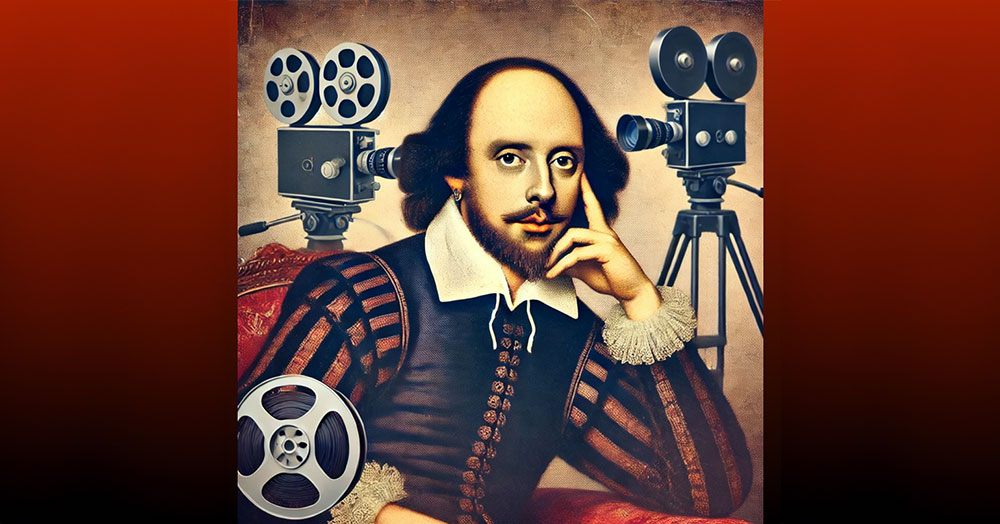Course D
Shakespeare Goes to the Movies in the 1990s

Wendy Wall, Avalon Professor of Humanities, Professor, English
Thursdays, 1:00 – 2:30 p.m.
For hundreds of years, Shakespeare has been considered a high-brow literary genius whose plays were widely available in the classroom and on stage.
In the 20th century, after Shakespearean silent films flourished, Hollywood studio heads famously denounced his works as “box office poison.” With
the exception of a few films by Laurence Olivier and Franco Zeffirelli, movie makers just couldn’t successfully make Stratford meet Hollywood. In 1989, however, Kenneth Branagh defied the odds and created his “hit” Henry V, which convinced producers that there was a real market for Shakespearean films. The 1990s then witnessed no less than fifteen separate Shakespearean movies released for a mass audience, along with fifteen additional adaptations. In this class, we will examine the 1990s heyday of Shakespearean movies, with attention to how directors crafted radically different styles to make the bard’s plays speak to issues such as violence, marriage, corporate power, changing gender roles, nationalism, war, and US racial tension. This course will use “the Branagh effect” to think about the fascinating relationships between Shakespeare and popular culture – in his day and our own.
Although we will sample clips from an array of films, I will focus on the following 1990s productions: Much Ado About Nothing (Branagh), Othello (Parker), Richard III (Loncraine), Romeo + Juliet (Luhrmann), Twelfth Night (Nunn), A Midsummer Night’s Dream (Hoffman), Hamlet (Almereyda), and, of course, Shakespeare in Love (Madden). Bring your own popcorn and let’s go to the movies with the bard!
